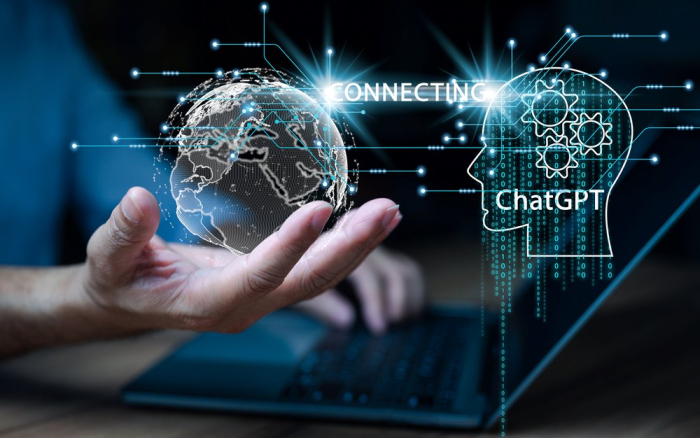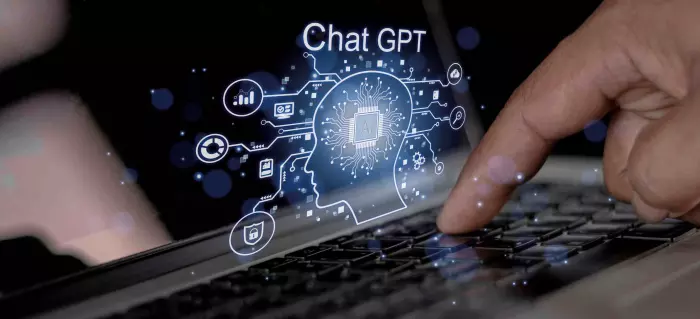ChatGPT, an artificial intelligence chat tool launched in late December, has already taken the internet by storm, with some saying it spells the end for Google.
Perhaps more importantly – will it steal your job? Can you be usurped by an AI? With rising costs and labour shortages, The Terminator suddenly feels a bit too real.
But humans are still very much in control and, realistically, ChatGPT is a tool that can give you the edge at work, rather than cost you it – at least for now.
ChatGPT is a free online chat-bot that understands questions in natural language and responds in the same way.
Unlike Google, which also understands naturally worded queries, ChatGPT can complete tasks as varied as writing original stories and poems, emails, essays, social media posts, translations, basic computer code or even, say, a weekly lunchbox menu with dietary requirements – first in a table format, followed by a bulleted shopping list of ingredients.

New Zealand citizen Peter Thiel is a co-founder of the company behind ChatGPT. (Image: Getty)
Developed by OpenAI, a San Francisco-based artificial Intelligence research lab founded in 2015 by NZ passport holder Peter Thiel, Elon Musk and others, ChatGPT is powered by a database that was trained by consuming vast volumes of human-generated texts, such as books, articles and the internet.
It can provide uncannily accurate and helpful responses to almost any question or task you throw at it. See for yourself here; it’s free.
The internet community has been busily putting ChatGPT’s capabilities to the test, with seemingly unlimited applications.
At first glance, and given the quality responses provided by ChatGPT, it seems plausible for a business to do away with its copywriting team, tasking ChatGPT with writing its website and social media content, developing a communications plan – or even replace its development team to have ChatGPT write basic website code and fix bugs.
With claims that ChatGPT appears to pass medical school exams, it might seem like our time on Earth is about to radically change.
However, we’re not switching to autopilot just yet, as the current iteration of ChatGPT comes with self-declared limitations.

The database was trained by consuming massive volumes of human-generated texts. (Image: Depositphotos)
The training model had a 2021 cut-off, meaning events that took place and knowledge gathered beyond 2021 are not factored in, as ChatGPT isn’t able to acquire new knowledge on its own.
This also means that the quality of the responses is as good as the data it was trained on and, although vast, it contains biases that were likely acquired during training and therefore could be reflected in the answers.
It’s also not capable of processing communication nuances such as humour or sarcasm.
So, rather than handing over the keys to the planet, think of ChatGPT as an efficiency enabler – a high-accuracy prototype tool that saves you time – like choosing to pace up an escalator.
Whether you’re faced with writer's block or lack the time to compose drafts, ChatGPT can get you started quickly and include points you haven’t considered.
You’ll still need to reference-check, contextualise and edit the text, especially with new AI-detection apps emerging, but you’ll have cut down significantly on "admin" time.
Being able to ask ChatGPT to edit or re-format a previously supplied answer within the chat is a powerful feature, especially since you can request these changes in natural language, without needing to know any computer code.
So where to from here? There’s no doubt that this technology will profoundly transform how individuals and businesses operate. Just how much and when, exactly, your guess is as good as mine.
● Disclosure: This article is 100% the work of a human, assisted by AI and the internet.











